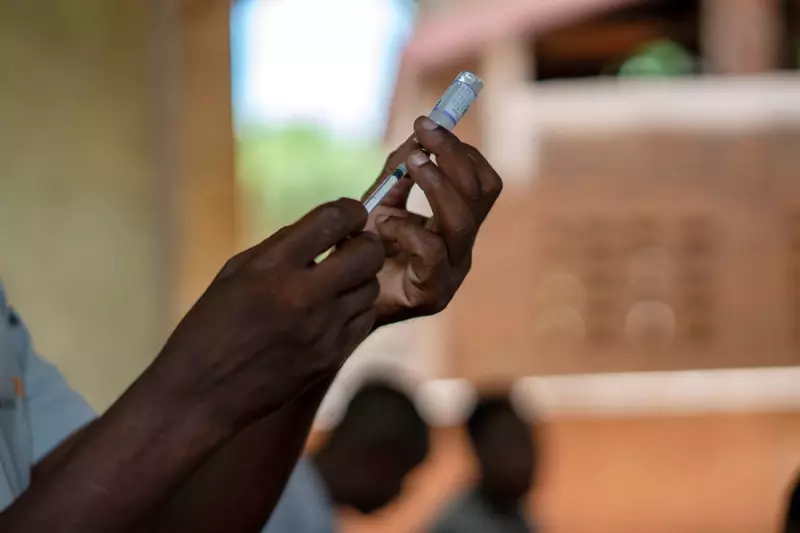
Major Breakthrough in Malaria Treatment After 25 Years
Scientists have developed the first new anti-malaria drug in a quarter of a century, offering hope in the fight against growing treatment resistance. The new medication, called GanLum, has demonstrated an exceptionally high cure rate exceeding 97.4% in clinical trials, with some assessments showing effectiveness over 99.2%.
Combating the Resistance Threat
Researchers have been increasingly concerned about malaria parasites developing resistance to existing treatments, particularly artemisinin-based combination therapies (ACTs) that have been the standard for decades. Dr Sujata Vaidyanathan, head of global health development at Novartis, which created GanLum, explained the urgency: "We are starting to see emergence of resistance. In order to address this, we set about to create a totally new kind of compound."
The breakthrough comes after screening 2.3 million molecules to discover the novel ingredient ganaplacide. GanLum combines this new compound with a new formulation of existing antimalarial lumefantrine.
How the New Treatment Works
GanLum operates differently from previous malaria treatments by disrupting the internal protein transport system within the malaria parasite. This system is essential for the parasite's survival in human blood cells. Dr Vaidyanathan elaborated: "The way the drug works is by disrupting the parasite's internal protein transport system which then is essential for these parasites to survive inside the red blood cells."
This innovative mechanism not only treats the disease but also kills resistant parasites and blocks transmission of the disease to others. The treatment is administered as a sachet of granules taken once daily for three days.
Real-World Trial Success Across Africa
The large-scale clinical trial involved 1,700 adults and children across 34 sites in 12 countries throughout Sub-Saharan Africa. Participants weighing more than 10kg received the treatment, with researchers presenting their compelling findings at the American Society of Tropical Medicine and Hygiene annual meeting in Toronto.
Professor Abdoulaye Djimde, coordinator of the West African Network for Clinical Trials of Antimalarial Drugs, expressed his enthusiasm: "I must say that I'm very, very excited and very pleased to see the results of GanLum. Despite the progress that has been made recently, malaria is actually becoming more of a challenge because of many factors: climate change; funding cuts and others."
He added that "GanLum could represent the biggest advance in malaria treatment for decades," highlighting its efficacy against multiple parasite forms and mutant strains showing resistance to current medicines.
Novartis now plans to seek regulatory approvals from health authorities as soon as possible, potentially marking a turning point in global malaria control efforts.





